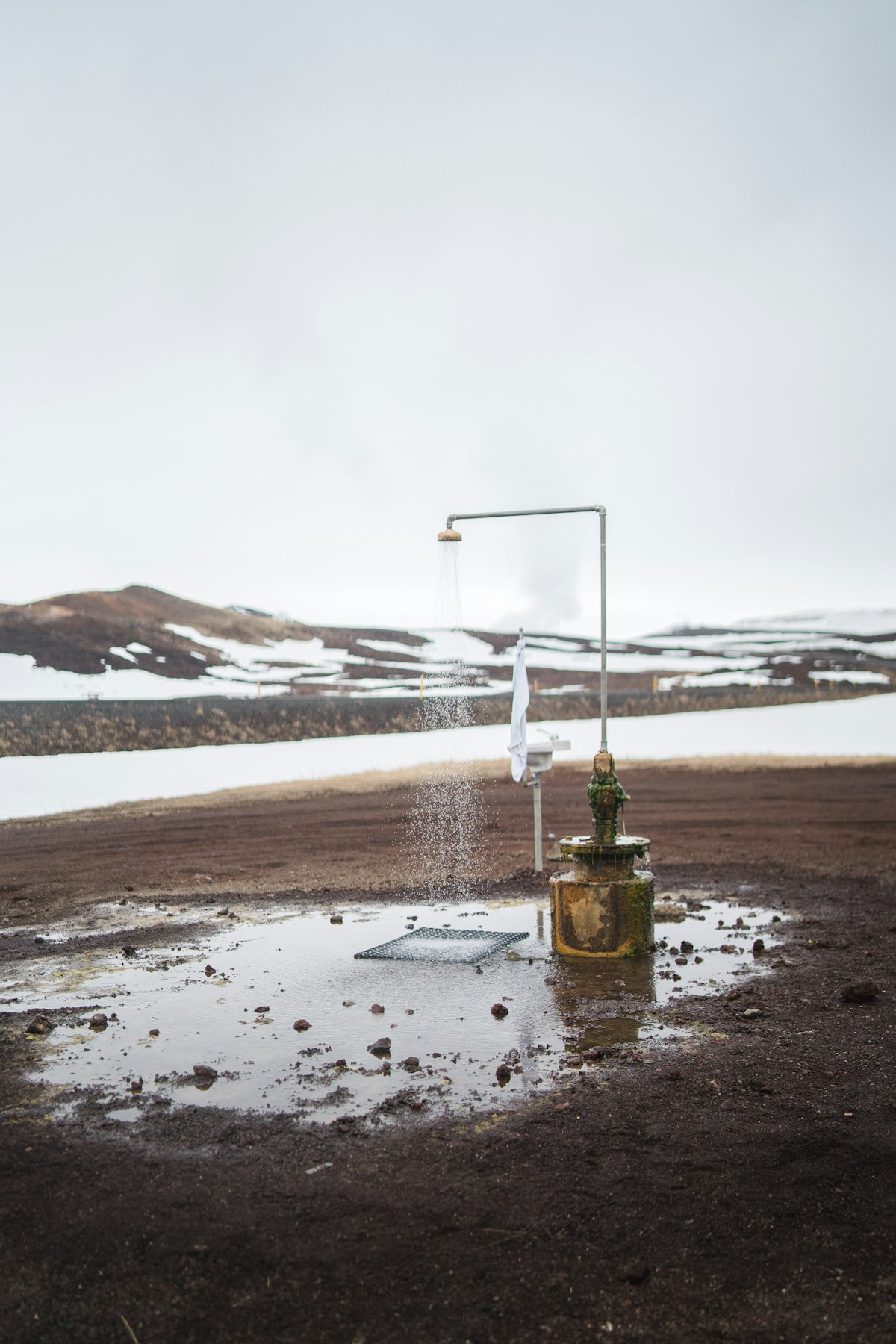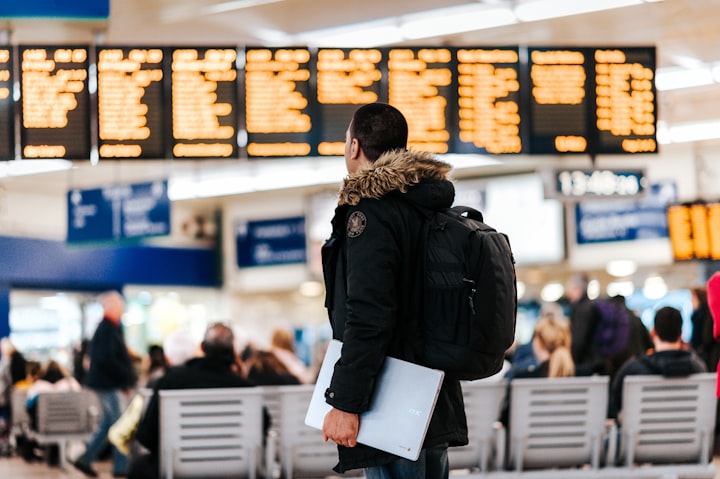
Going beyond comfort: how to travel realistically
A 4 minutes read written by Sonia H on June 2023
Travelling is generally not only travelling. There's an inner dimension, a process within ourselves. There's travel for leisure, travel for work, travel for anything else that comes to mind. There is, though, one thing that unites all those things: the comfort we seek and how we approach the countries we visit.
I am writing this during a month-long trip in India. Although in terms of comfort I see it like an expanded version of Morocco - not everything is the luxury of some places in Marrakesh - I am very much aware that it is a reality on its own. After some uncomfortable settings (long train trips, cold waves, and physical discomfort) I got very upset - which got me thinking.
I certainly don't believe that discomfort should be looked after - but not avoided altogether. It is part of life, and the rule and circumstances everywhere in the world. The challenges in life - which you give yourself - are as big or as little as you want them to be. There is no one size fits all (and certainly we don't follow all the same path).
Although I did shower with cold water and with only a cup and a bucket while sitting on a stool for one year and a half (even more, if we'd count the times I did it in several countries), it is not my ideal nor something I seek, specially as I age. I believe in adapting to the places we are at where those are the circumstances. That applies to food and almost anything.
Are we egotistic and spoiled if we seek comfort? Can we grow while travelling if we look for comfort?
This is not a race for virtuosity. We don't become better, more virtuous or stronger people if we seek all the possible discomfort. Like anything in life, learning from things depends on you, not on the things themselves. Sometimes things will make you grow, and sometimes you will grow in other ways.
I would classify things the following way:
- You don't have anything to prove. Not to you, nor to anyone else.
- You know what is best for you, and how far can you go.
- There is the extreme comfort of exceedingly rich people and then the comfort of any middle or low-middle class. Guilt can be a bad friend if you generalize.
- Be aware of your physical and health limitations. Not every other person is the same, and thus your needs and limitations may be different than those of your travel companions (or those who surround you).
The pros and cons of the comfort zone
There is one philosophical part here. This is the stingiest.
Too much suffering, malaise, and discomfort cannot bring the tranquillity you may need in order to grow and create, depending on your needs. When you are too strained, your body and mind's priority will be to keep you alive and safe. That is the most basic purpose of our being, physically and mentally. There is, however, a lot of creative flow that can come when we deprive ourselves of something - think of Kafka, for example - but I don't think that is sustainable on the long run. Trees can survive with less nutrients, less rain, and even in arid climates - that doesn't mean that they will expand or bear fruit, they will just survive.
Is there growth that can come from expanding ourselves and beyond what is known to us? Most certainly. From learning a language to travelling and getting to know people with different mindsets and cultures, going out of the comfort zone is an enriching experience, although it can feel confusing and even in-habilitating at first. Challenges are an inherent part of growing, otherwise it would all remain a loop of what is already known to us. You can use this pattern from eating always the same at home or to only talk with people from your background. It can get boring.
Being flexible to whatever comes, on the other hand, is a skill to master - a philosophical, essential life skill. There are no lessons to master life. No one has mastered life, nor can give you 100% accurate and applicable directions for it. You must live it the way it is. The more open we are to whatever comes, the better will we know how to react, and that applies to the discomfort of travelling to places where comfort is different than where you live. What you should live, though, is up to you. As with most things, it's a process. Like growth. Like life.
I know that all days are different. Some days are better than others, some more comfortable than others. Being at your 100% all the time is impossible - it's okay, that is life. I still feel physically and mentally bad if I can't have a warm shower for one week, or if I feel literally dirty. I am aware of the privilege of being used to shower with warm water in a functioning shower. If I'm travelling to places where that is not the norm, and where messiness and discomfort are every day's bread, I'll have to adapt. And I do. It will keep me grounded. It will teach me where I stand at, and where is the line that I have difficulty with. Travelling at the end, is also knowing oneself better.
Takeaways
- If you want to experience a place that is radically different from yours, you gotta be open minded and flexible. Like with anything else (working out every day, being self-employed, dieting, trying to become a better person) there is a sacrifice to do in order to get something else.
- Be aware of your limitations. You don't have to prove anything to anyone, and you know yourself best.
- Discomfort can bring growth, but going to the extremes thinking that seeking discomfort will turn you into some sort of unbeatable monk-like figure is exaggerated. Avoiding discomfort will keep you one-sided like a blank page.
- Don't force things. Go with the flow of what's different and learn to come to terms with it at your own pace. Observe, feel, embrace, understand. It can take time, and it is fine that way.
- There's a difference between seeking-shunning-embracing discomfort. Regardless of what you want, it exists everywhere, all the time.




Comment